Noun In Arabic Plus 100 Nouns In ARABIC
Advertisements
In Arabic, a word having a meaning is called kalimah and it is divided into three, noun, verb and particles. In this lesson, we will in Sha Allah learn the noun in Arabic, its types, function, how to identify it, examples and many more.
What Is a Noun In Arabic?
The Arabic word for noun is written as اِسْم and pronounced ism while the plural is written أسماء and pronounced as asmaa. This category is defined as words that have a single meaning on their own and do not have a tense. Keep in mind that in English, ism is more than just a “noun.”
Ism in Arabic roughly corresponds to what we know as nouns, pronouns, adjectives, and adverbs in English.
How To Identify A Noun In Arabic?
To identify noun in Arabic grammar, you have to classify the noun based on four separate criteria. The following is a list of all the useful ways to classify a noun in Arabic. Each has its own place in grammar:
- Gender: masculine or feminine
- Plurality: singular, dual, or plural
- Derivation: not derived, derived from a source, or derived from gerund
- Definiteness: definite or indefinite
- Grammatical reflection
Types Of Noun
There are two types of noun in Arabic. They are;
Advertisements
- Definite and
- Indefinite
Definite Noun In Arabic
A definite noun in Arabic is called مَعْرِفَة (Ma’arifah) or اَلِْاسْمُ الْمَعْرِفَة (ism al ma’arifah). It refers to a specific thing, person or place. Muhammad (مُحَمَّدٌ) is the name of a particular person. Makkah (مَكَّةُ) is the name of a specific city. Britain بِرِيْطَانِيَا refers to a specific place.
Some people compare it to the English proper noun, but the Arabic definite noun has a broader scope than the English proper noun.
Types of Arabic Definite Nouns
Arabic Definite Nouns are of seven categories:
1. Arabic Proper Nouns
Arabic proper nouns are called ism Alam اِسْم عَلَم or اَلْاِسْمُ الْعَلَم refers to the exact definition of the proper noun in English grammar. A proper noun in Arabic is the name of a specific person, thing or place, Examples Hamid حَامِدٌ, Qur’an قُرْآنٌ, Madinah مَدِينَةٌ.
Arabic proper nouns can include the names of countries, people, states, tribes, rivers or oceans and the mountains.
Advertisements
The Arabic proper nouns اَلْعَلَمُ take the cases similar to the ordinary nouns i.e., Double đammah when in nominative case, Double Fatħah when in accusative case and Double Kasrah when in genitive case.
However the proper nouns which are Diptotes follow the rule of diptotes.
List Of 10 Proper Nouns In Arabic
The following is a list of ten Arabic proper nouns.
- Black Stone الْحَجَرَ الأَسْوَدَ
- Red sea الْبَحْرِ الأَحْمَرِ
- Fatima فَاطِمَةُ
- Ahmad أَحْمدُ
- The girl الفتاةُ
- The friend الصَّدِيْق
- The book الكِتَاب
- Muhammad مُحَمَّدٌ
- Makkah مَكَّةُ
- Hamid حَامِدٌ
2. Pronouns
Pronouns are called اِسْم ضَمِيْر or in plural form ضَمَائِر in Arabic. They are personal pronouns and among the Arabic definite nouns. They are he, she, it and they.
Read pronouns in Arabic.
3. Demonstrative Pronouns
Demonstrative pronoun is called اَلْاِسْمُ الْاِشَارَة in Arabic grammar. They are this, these, that and those.
Refer to this article for more explanation of demonstrative pronouns.
4. Relative Pronoun
Relative pronoun is called اِسْم مَوْصُوْل (pl: اَلأَسْمَاءُ الْمَوْصُولَةُ) in Arabic language. They are also definite Arabic nouns. Examples are which, that, whom and so on.
5. Vocative case
Ismul munadaa اَلْاِسْمُ الْمُنَادٰى are the noun comes after a particle of vocation i.e the noun that is being addressed, i.e. o man, o girl, etc. ‘Man’ itself is an indefinite noun but when it is addressed with the Arabic word يَا , i.e. يَا رَجُل (o man), it becomes the definite noun.
6. The Noun Having اَلْ
Noun prefixed with the definite article are called مُعَرَّف بِاللَّام. An indefinite noun can be made definite by adding the prefix (اَلْ). For example, a man (رَجُل) is an indefinite noun but (اَلرَّجُل) is a definite.
7. Possessive phrase
Annexed to a definite noun is called اَلْمُضَافُ إِلَى مَعْرِفَةٍ or اَلْمُرَكْبُ الْإِضَافِيُّ (possessive construction or Possessive phrase). They indefinite noun possessed by the definite noun becomes definite, e.g. ‘A book of Muhammad’.
‘A book‘ here has become the definite noun, because of its possession by a definite noun (Muhammad).
Indefinite noun
Indefinite noun is called نَكِرَة (nakirah) in Arabic. Besides the above-mentioned definite nouns, all other nouns are indefinite. They are also of several types, two of the main categories are:
Ism zaat
Ism zaat اِسْم ذَات is a word that denotes the being of something, living or non-living. It is equivalent to the English improper noun. It describes the name of something general, e.g. horse, man, stone etc.
Ismus siffah
Ismus siffah اَلْاِسْمُ الْصِفَّة is a word that indicates the quality of something or it is the adjective, examples beautiful, ugly and so on.
Characteristics of Arabic Noun
To use any Arabic noun in a sentence or phrasal construction, we must know some characteristics (aspects) of that noun. These aspects are briefly explained below.
Gender in Arabic Nouns
A noun can be categorized into two categories with respect to its gender i.e.: Masculine اَلْمُذَكَّرُ and feminine اَلْمُؤَنَّثُ. By default, a noun is masculine unless it has one of the signs of femininity on it.
Feminine Nouns In Arabic
In Arabic, when a tā ta’nīth (ـة) is appended to the end of a masculine noun, it becomes feminine, e.g. ابنٌ (son) changes to ابنة (daughter). Similarly حسنٌ changes to حسنة, (king) ملك changes to ملكة (queen) etc. This rule applies more to adjectives.
In some words, the alif maqsūrah (ى) or the alif mamdūdah (ـاء) is a sign of the word being feminine, e.g حسنى – a beautiful lady; زهراء – radiant.
Some nouns are feminine without any sign of being feminine. They are known as (مؤنث سِماعِي) – as heard from the Arabs. The details are as follows:
Any word referring to a woman, e.g. ام – (mother); عروس (bride); and a woman’s name.
The names of countries, e.g. الشام (Syria), مصر (Egypt), الروم (The Roman Empire).
Parts of the body in pairs, e.g. hand, foot, ear, and eye.
Besides the above-mentioned nouns, there are other nouns which are used as feminine by the Arabs. Some of them are:
- Earth أرض
- War حرب
- House دار
- Wine خمر
- Wind ريح
- Market سوق
- Sun شمس
- Fire نار
- Soul نفس
Although some words have a (ة) at the end, they are masculine in usage because they refer to males, e.g. طَرَفة – name of a poet, خليفة – the leader of the Muslims, علامة – a very learned scholar.
Just as an adjective corresponds to its noun in being definite or indefinite, so does it correspond in gender.
Number
Unlike English nouns, Arabic nouns can be categorized into three categories with respect to number i.e., Singular الْمُفْرَدُ, Dual الْمُثنَّى and Plural اَلْجَمْعُ.
A singular مُفْرَد mufrad noun refers to one person or entity; a dual مُثَنَّى muthanna refers to two; and a plural جَمْع jam‘ refers to three or more.
The dual is derived from the singular by adding ـان regardless of the type of singular (i.e. animate, inanimate, masculine, or feminine).
The plural is a little more complicated. There are two types of it: sound plural الجَمْع السَّالِم al-jam‘ as-saalim and broken plural جَمْع التَّكْسِير jam‘ at-taksiir.
The sound plural is regular and is derived from the singular by adding ـون in the case of the masculine, and ـات in the case of the feminine, as in the list below. The broken plural is irregular. It has different forms and multiple rules; therefore, it is not explained here.
100 Nouns In Arabic
Below are 10 Arabic nouns You can’t live without.
| Arabic Nouns | English |
| فُرن | Stove |
| طاوِلَة | Table |
| كُرسي | Chair |
| نافِذَة | Window |
| باب | Door |
| لَوْح | Tablet |
| غَسّالَة | Washing machine |
| ثَلّاجَة | Fridge |
| مَروَحَة | Fan |
| مُكَيِّف الهَوَاء | Air conditioner |
| تلفاز | Television |
| هاتِف | Phone |
| كاميرا | Camera |
| قِطار | Train |
| حاسوب مَحمول | Computer |
| سَمَك | Fish |
| عَصير | Juice |
| حَليب | Milk |
| سَيّارَة | Car |
| طَيَّارَة | Plane |
| فاتورَة | Bill |
| ماء | Water |
| شاي | Tea |
| قَهوَة | Coffee |
| دَجَاج | Chicken |
| نادِلَة | Waitress |
| سِكّين | Knife |
| نادِل | Waiter |
| شَوكَة | Fork |
| فِنجان | Cup |
| وِعاء | Bowl |
| اِمتِحان | Exams |
| مَقَص | Scissors |
| طَبَق | Plate |
| ملعقة | Spoon |
| قَلَم رُصاص | Pencil |
| جامِعَة | University |
| دَفتَر | Notebook |
| مَدرَسَة | School |
| طالِب | Student |
| طَبّاخَة | Cook (feminine) |
| مُوَظَّف | Employee |
| مُوَظَّفَة | Employee (fe) |
| كِتاب | Book |
| قلم | Pen |
| زَوْجَة | Wife |
| بائِع | Salesman |
| أُستاذ | Teacher |
| مُدير | Manager |
| طَبيب | Doctor |
| اِبنَة | Daugher |
| إبن | Son |
| عَمَّة | Aunt |
| عَم | Uncle |
| زَوْج | Husband |
| عائِلَة | Family |
| أُم | Mother |
| أَب | Father |
| طِفل | Child |
| يَد | Hand |
| خَصر | Waist |
| مَعِدَة | Stomach |
| ظَهر | Back |
| صَدر | Chest |
| عام | Year |
| رَمَضان | Ramadhan |
| قَدَم | Foot |
| رَأس | Head |
| ذِراع | Arm |
| غَداً | Tomorrow |
| أَمس | Yesterday |
| يَوْم | Day |
| أُسبوع | Week |
| شَهر | Month |
| متحدث | Speaker |
| راكب | Rider |
| انسان | Person |
| صديق | Friend |
| مهندس | Engineer |
| صحفي | Journalist |
| قط | Cat |
| مراسل | Reporter |
| فيل | Elephant |
| طيّار | Pilot |
| صياد | Hunter |
| أمير | Leader |
| مؤلف | Author |
| شاعر | Poet |
| عريس | Bridegroom |
| خياط | Tailor |
| ملك | King |
| شرطي | Policeman |
| جد | Grandfather |
| حصان | Horse |
| بط | Duck |
| كلب | Dog |
| أعزب | Bachelor |
| أرمل | Widow |
| ثور | Bull |
| ديك | Cock |
Advertisements

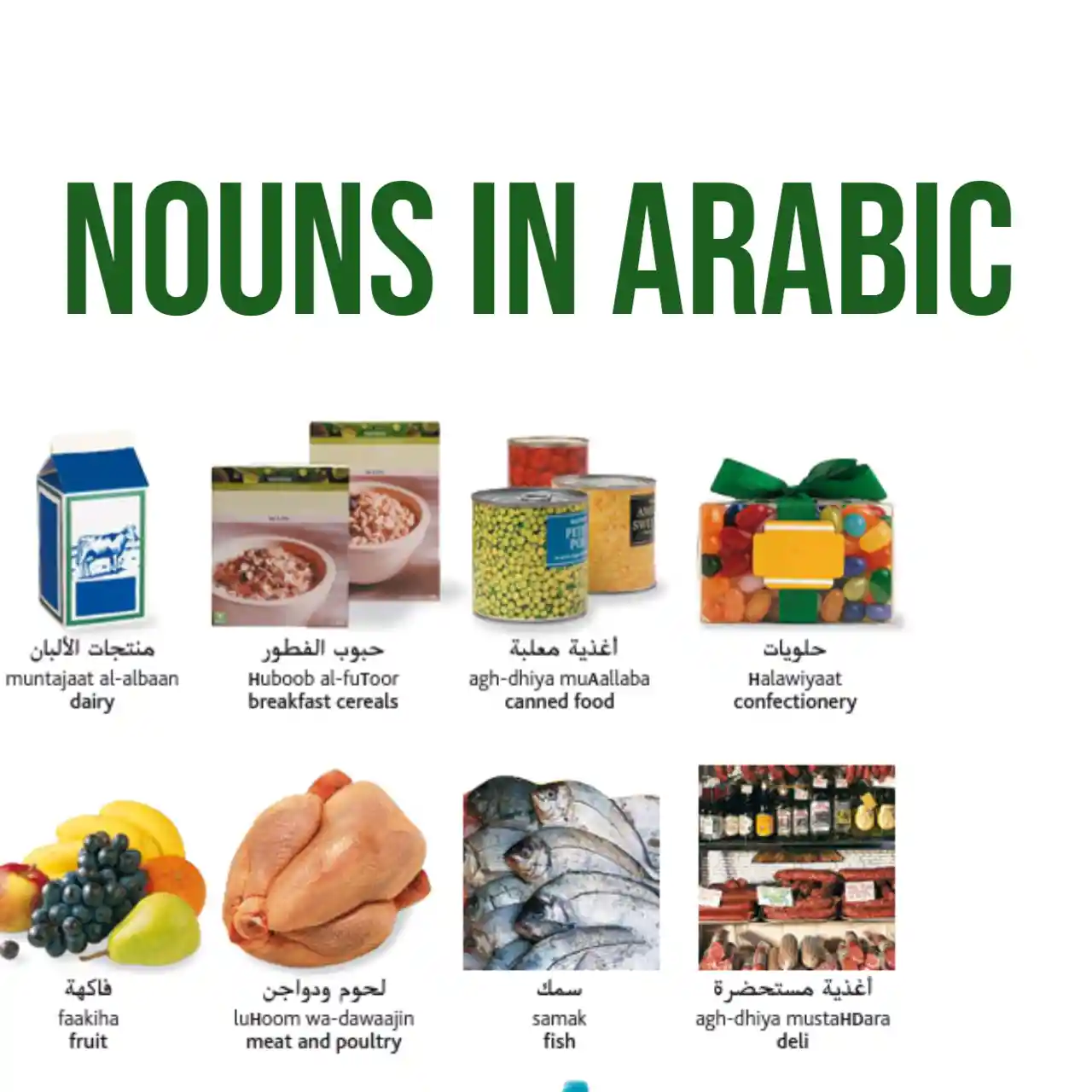
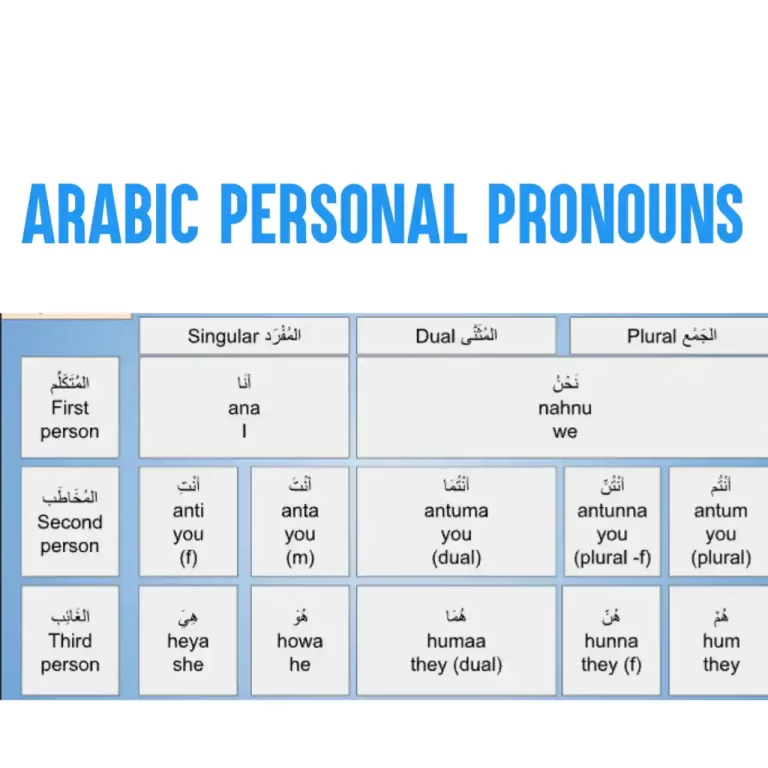
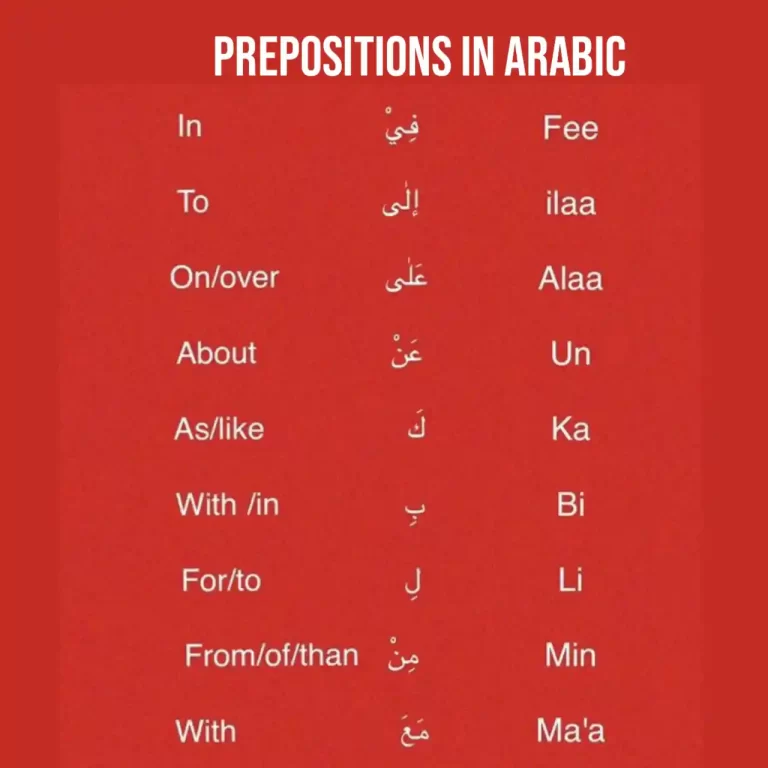
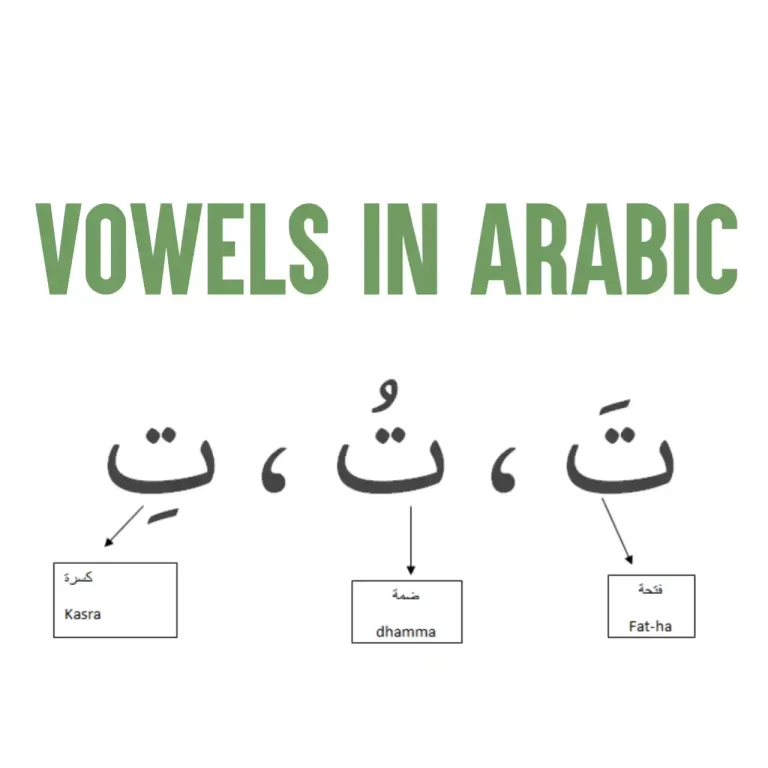
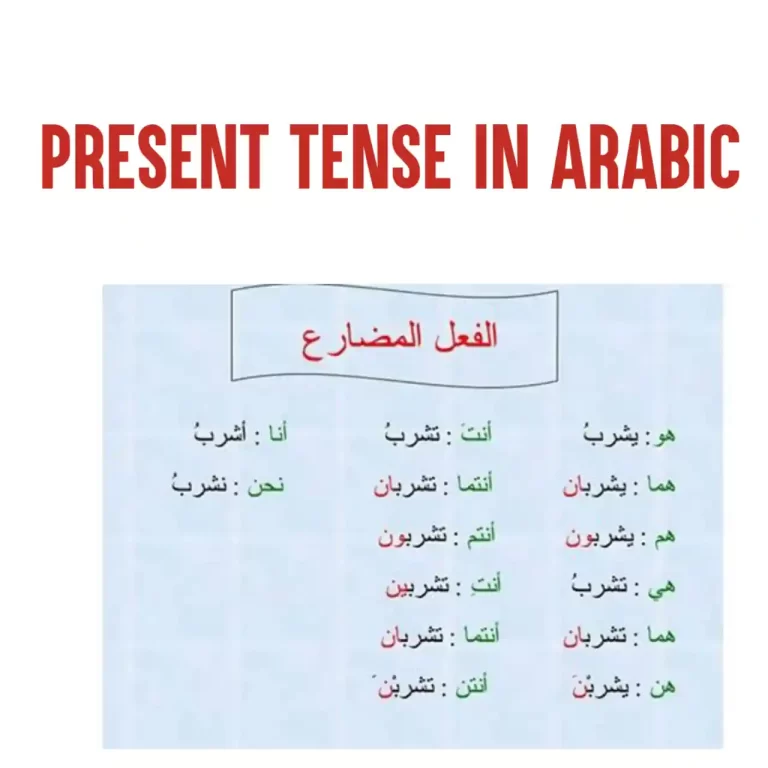
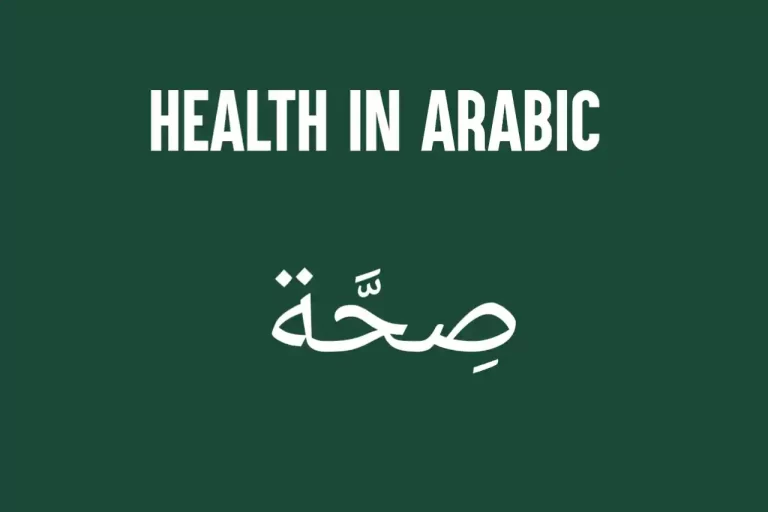
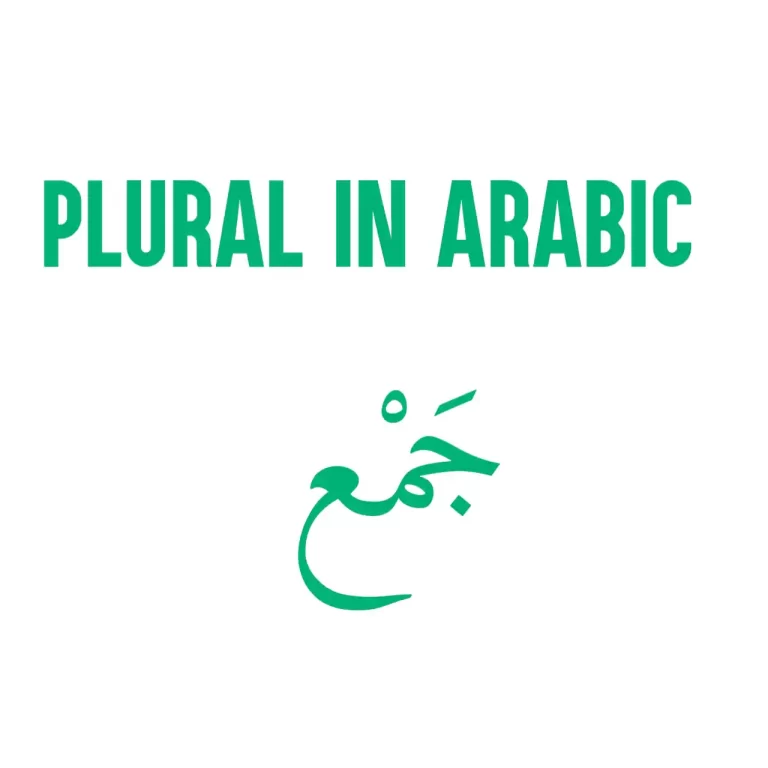
4 Comments